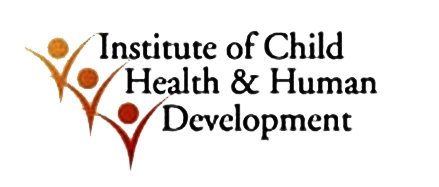Institute of Child Health and Human Development

The Institute of Child Health and Human Development (ICHHD) was founded on the 15th of April 1999. The establishment of the institute was one of the initiatives of Dr. Perla Santos-Ocampo, who was the Chancellor of University of the Philippines Manila. The Institute’s mission is to develop, and implement relevant research programs and activities that will foster the health, development of children. ICHHD is a leading global partner in development and implementing research in child health, development and welfare.
Since its inception, the Institute has conducted research on diverse topics, translating into local and international policies and guidelines. Aside from research, faculty members have become content and technical experts for various national and international organizations on other vaccine-preventable diseases, tuberculosis, environmental pollution and toxicants, nutrition, and neurologic infections. Their respective expertise have been utilized in training and education, clinical practice guideline development, and policymaking relevant to child health.
Previous Institute Directors:
- Dr. Edgardo Ortiz
- Dr. Alexander Tuazon
- Dr. Aida Salonga
- Dr. Lena Lopez
Institute/Center administration:
Director: Maria. Esterlita V. Uy, MD, MSPH
Office Address: National Institutes of Health Building, University of the Philippines Manila
